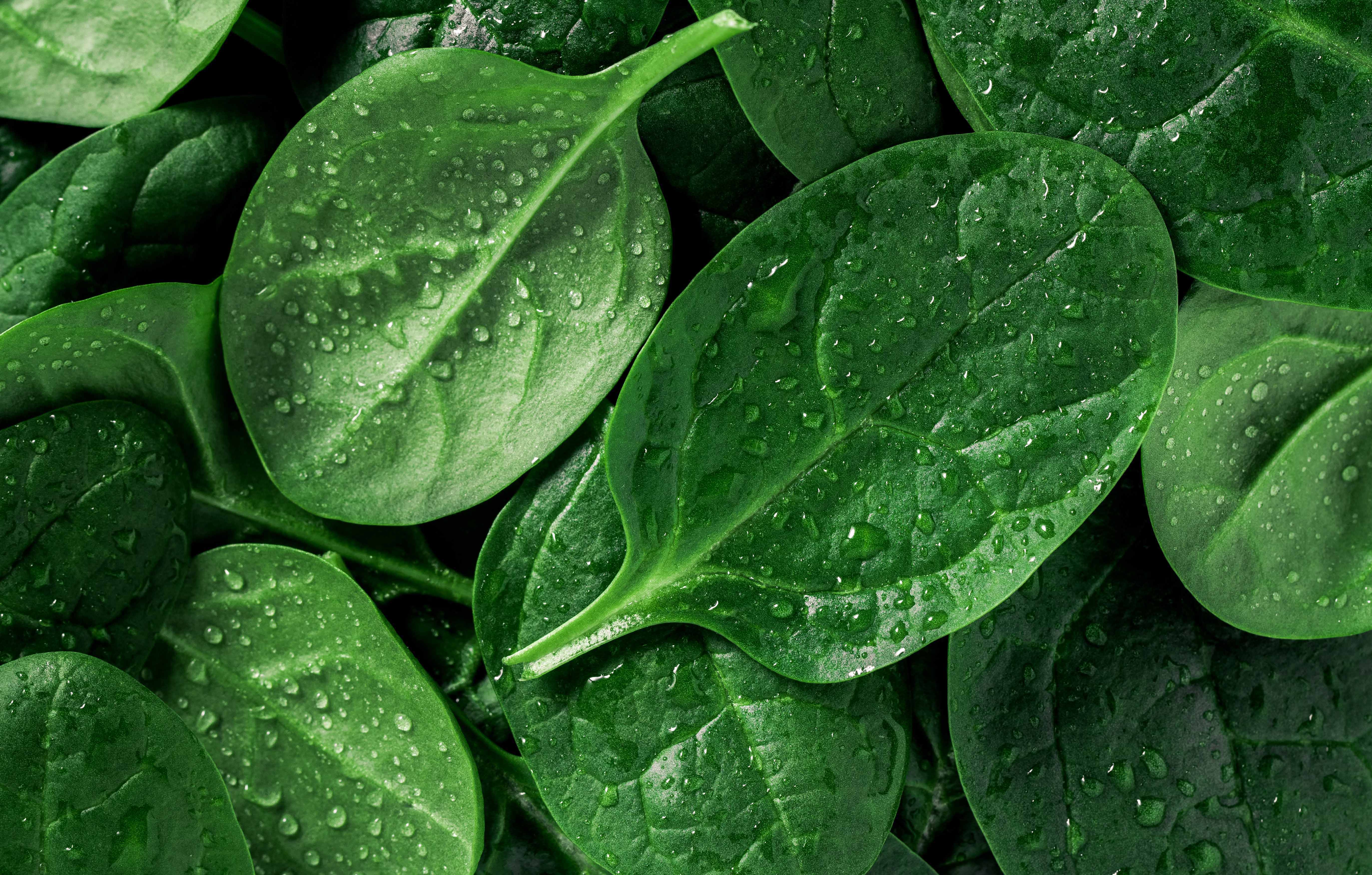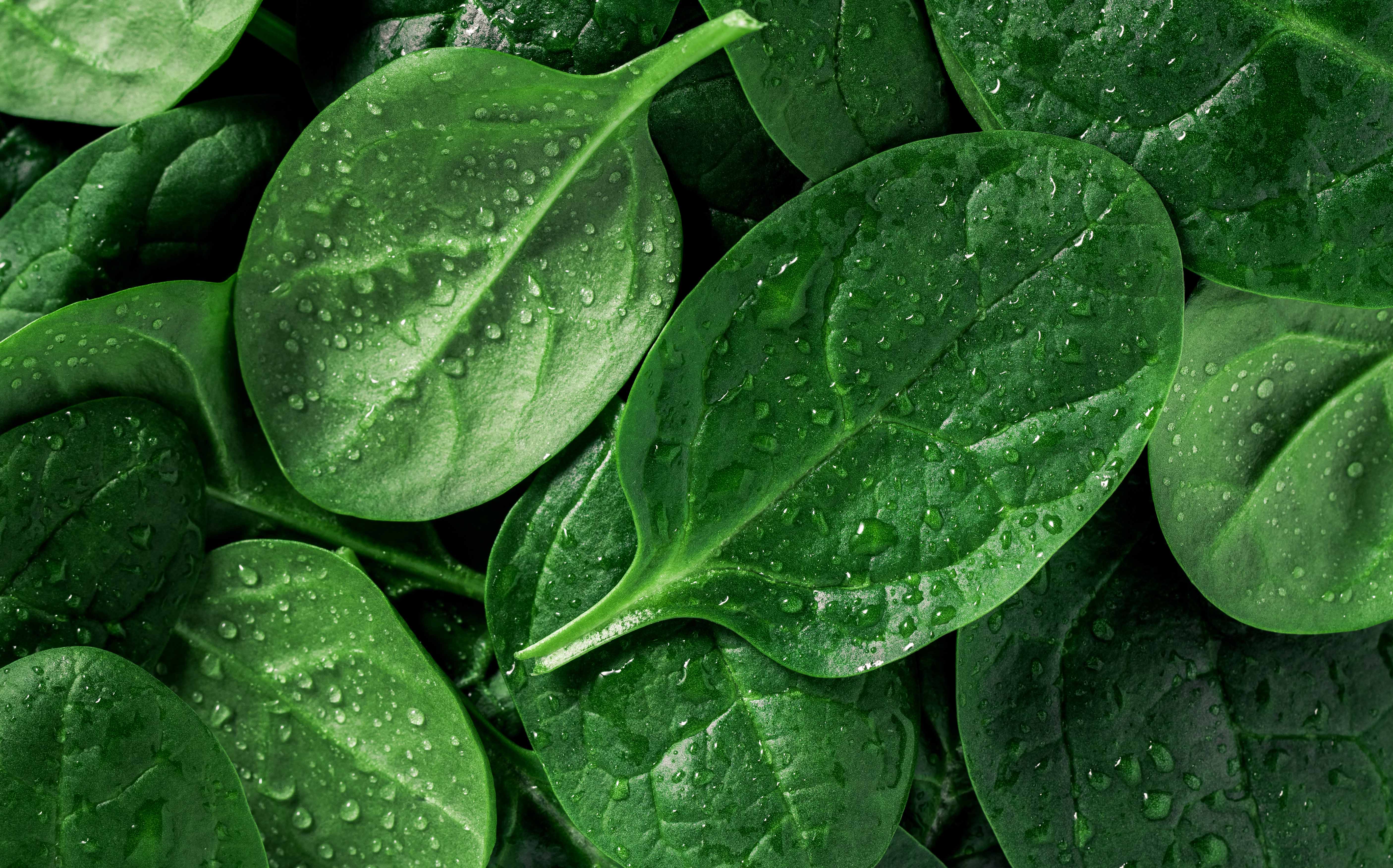All about iron and why we need it in our diet


Why we need iron in our diet
Tired all the time? Feeling low on energy? Can’t concentrate? There are many factors that can contribute (#life!), but one reason could be your iron level. Before you start self-diagnosing with ‘Dr. Google’ or dosing up on iron supplements, it’s important to get your facts straight about this mineral. “Iron is an essential dietary mineral needed for a lot of basic bodily functions,” says Dietitian and WW Program Developer, Nicole Stride. We need it for a healthy immune system, transporting oxygen around the body, and helping in the production of red blood cells.
“If you think you may be low in iron it’s best to see your doctor and request a blood test to check your iron levels that way you’ll know for sure and can develop a treatment plan with your Doctor,” says Stride.
The benefits of iron
“While our bodies are good at storing iron – mostly in the form of haemoglobin (a blood protein) – we can’t make iron, so we have to get all of our daily requirements through the foods we eat,” says Stride.
Iron-rich foods includes red meat, fish, poultry, and wholegrain or fortified cereals, so a well-balanced diet that includes animal products should usually give you what you need. However, it’s important to note that you’ll only absorb some of the iron you eat. “There are two types of iron – heme iron from animal sources and non-heme iron from plant sources,” says Stride. “Heme iron is more readily absorbed than non-heme iron, with around 25 per cent of the iron from animal sources being absorbed compared to only two and eight per cent from plant sources,” she says. So, you can see how vegetarians and vegans need to plan their food choices more carefully to meet their iron requirements, which is 18mg a day for women aged 19 to 50 with an additional 9mg a day required during pregnancy.
“What you eat alongside iron-rich foods can also affect its absorption,” says Stride. “Foods containing caffeine, tannins (in wine and tea), fibre, and dietary calcium can inhibit iron absorption, so try to limit drinking coffee, tea or wine with meals, particularly if you have low iron levels.” The rate we absorb nutrients in food can vary, but on average, leave around 30-60 minutes before you drink a coffee or wine if you’re trying to boost your iron intake. “It’s a good idea to see your doctor if you’re taking any medication or herbal supplements as they might interfere with your iron absorption too,” says Stride.
Boost your iron intake
Vitamin C is the magic partner to pump up your iron absorption. It boosts your body’s ability to absorb non-heme iron, so loading your plate with foods such as bell peppers, berries, and Brussels sprouts is a good idea.
“To help you get enough of this essential mineral, opt for a cereal that’s fortified with iron; eat lean red meat such as beef or pork two to three times a week, and combine your meals with vitamin-C rich foods like kiwifruit or bell peppers,” suggests Stride.
Deficiency signals
Iron deficiency is usually caused by not consuming enough iron in your diet. “It can sometimes be due to fad diets where you cut out whole food groups or an inadequate vegetarian or vegan diet,” says Stride. Some health conditions, such as hypothyroidism or coeliac disease, can also result in a deficiency, as your body is less able to absorb iron.
Not surprisingly, when less oxygen reaches your tissues, your body struggles to find the energy it needs so the most common symptom of iron deficiency is tiredness. And that’s why it can be hard to know if you’re affected – after all, who doesn’t feel tired from time to time? But if your fatigue is coupled with headaches, feeling weak, irritable, unable to focus, or getting out of breath when you’re doing things that don’t usually bother you (like walking upstairs), it might be a good idea to visit your doctor.
Do you need iron supplements?
If you think you might be low in iron, don’t head for the supplement aisle just yet – see your doctor first to have your ferritin (iron levels) checked. “Iron doesn't naturally wear out – you can’t lose it from your body unless you bleed it out, so it’s possible to overdose on it,” says Dr. Mansberg. The upper limit for iron intake is 45mg a day for women and men. Above this, you risk toxicity. In extreme cases iron overload can damage internal organs and increase the risk of heart attacks, diabetes, and even some cancers, according to research. So, resist the temptation to self-diagnose. “I wouldn't be taking an over-the-counter supplement without a blood test or regular monitoring by your doctor,” says Dr Mansberg. Another reason not to take supplements lightly: “Iron tablets are non-heme iron, which means they’re poorly absorbed by the gastrointestinal tract and tend to stay put, causing bloating and constipation,” she adds.
Sources of iron
The best way to ensure you've got enough iron is to eat iron-rich foods. Here are some of the best iron sources.
Top plant-based sources
- 1 cup kidney beans 3.1mg
- 1 cup green lentils 3mg
- 100g tofu 2.9mg
- 1 cup chickpeas 2.7mg
- 1 cup wholewheat pasta (cooked) 2.3mg
- 30g (about 20) cashew nuts 1.5mg
- 1 cup spinach (raw) 1.2mg
- 30g rolled oats 1.1mg
- 30g (about 5) dried apricots 0.93mg
- 1 cup broccoli 0.86mg
- 1 cup brown rice 0.7mg
- 1 slice wholegrain bread 0.4mg
Top animal-based sources
- Chicken liver 11mg
- Beef 3.5mg
- Lamb 2.5mg
- Eggs 2mg
- Salmon 1.28mg
- Canned tuna 1.07mg
- Pork 0.8mg
- Chicken 0.4mg
- Snapper 0.3mg
